
OR
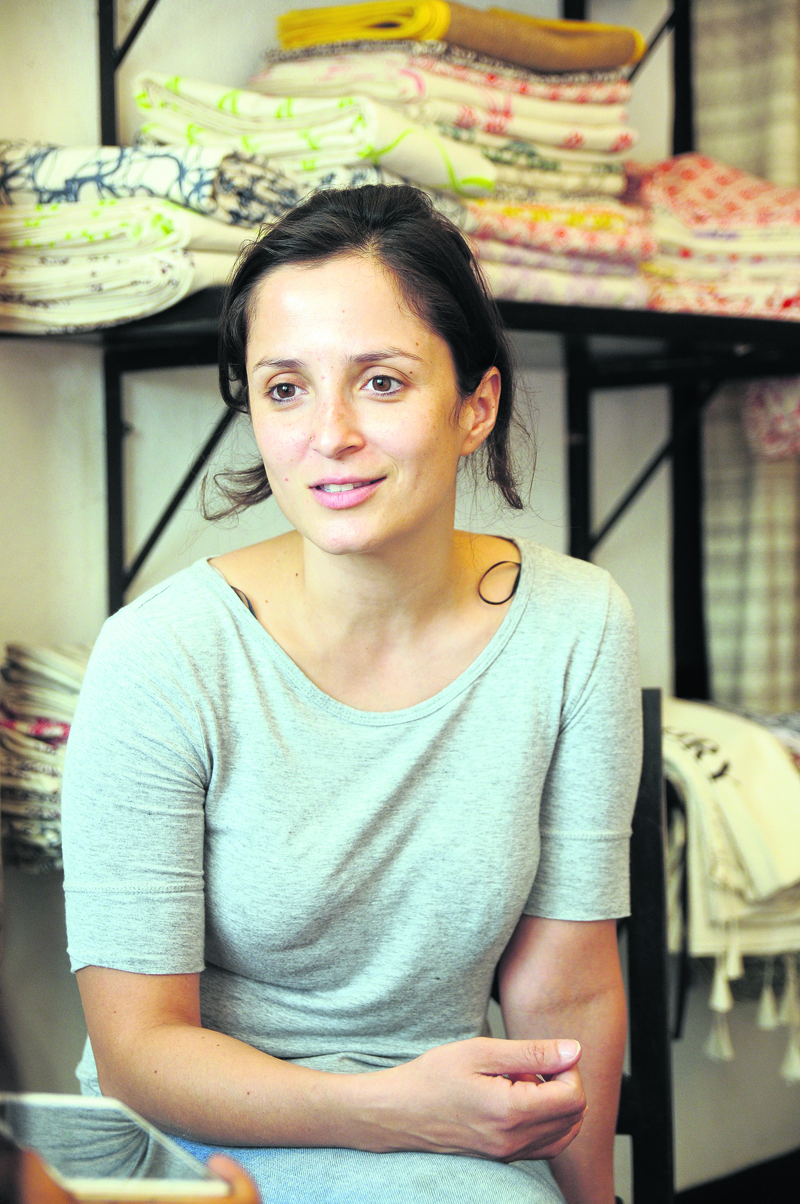
The idea for Cotton Mill was not something sisters Priyanka and Prasanna Basnet stumbled upon one day. All they knew was that they didn’t want to work under anyone anymore. They tried a lot of other things, like a coffee plantation, before they finally knew what they wanted to do. Even then the idea hadn’t taken shape completely.
“Apartment culture was just coming up in Kathmandu at that time, and since we couldn’t invest in those, we decided to invest in trying to beautify the apartments instead,” says Priyanka. They went to China where they bought a lot of products they could sell and took part in an exhibition when they came back home. Almost everything they bought had sold out, but they realized that people didn’t think much of Chinese products.
So they slowly started to see if they could locally source products and make things themselves. It would also be a lot more cost effective than importing goods all the time and they could guarantee the quality to their customers as well and things picked up in 2010. “Looking back, it did take a lot of changing directions to get here,” she says.
When they first started out, getting information on the sector, and knowing the market for the products were the hardest things they had to do. They didn’t know where to go and how to deal with people. Priyanka had studied international business but everything she had learned was completely irrelevant to what she had to face every day. They had to mostly rely on information they found online.
“When we started out we had a lot of male staff working at the factories. But we found that the ones we had to deal with were very unreliable,” she says. Some of the work staff would walk away from work before the end of the day and others would take a spontaneous week off, and wouldn’t even bother showing up, even after the week was over. When things started getting out of hand like this, they had to shut the production down for about three months before starting again, this time with an all female staff. “We aren’t very vocal about our almost all female staff. We weren’t aiming for women empowerment, it just happened that way because being women, we found, it was easier to work with other women,” she explains. Their factory opens at 10 am and closes at 6 pm so that these women have plenty of time to juggle between household chores and work.
All of their products have a white base and the reason behind it is two folds. Everything in the valley is so heavy and oppressive that they wanted to give people a reason and a way to feel a little light. The other reason is that dye-jobs in Nepal haven’t really evolved and dyeing fabric is too expensive and often a poorly done job. They haven’t focused on exporting just yet as their production size is too small to handle large shipments. The only ‘exporting’ they do when people order their products to take them abroad. But they are looking forward to opening more factories and retail outlets in and outside the valley, and eventually start exporting as well.
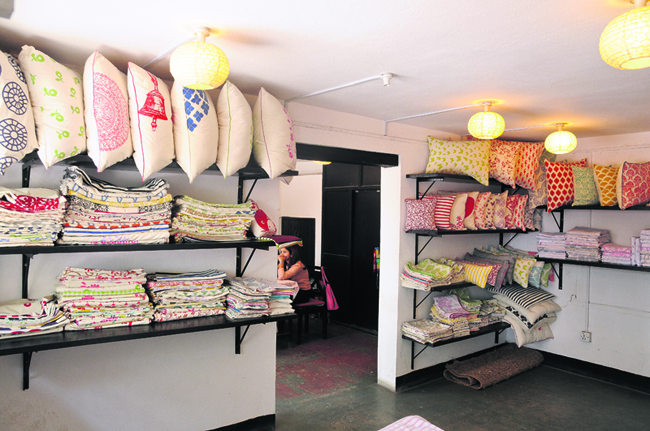
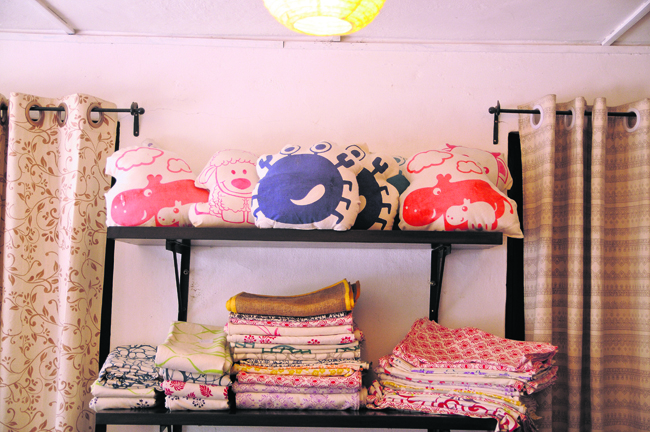
You May Like This
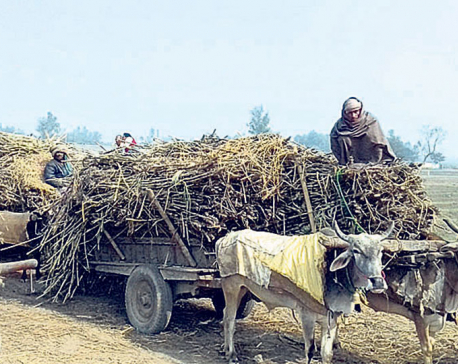
Closure of sugar mill affects Rautahat farmers
RAUTAHAT, MARCH 27: Thousands of sugarcane farmers in Rautahat district are suffering as abrupt closure of Garuda-based Shree Ram Sugar Mills... Read More...

Sugar mill operators to start paying farmers from April 5
KATHMANDU, March 26: Sugar mills, including those that have not paid farmers for sugarcane, purchased many years ago, have pledged... Read More...
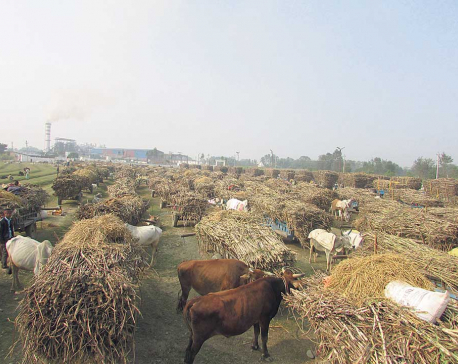
Sugarcane farmers in distress as mill fails to pay for three years
SARLAHI, Dec 26: Ram Binaya Raya of Khairwa Boharwa village, in southwestern part of Sarlahi district, has not received his payment... Read More...




Just In
- MoHP cautions docs working in govt hospitals not to work in private ones
- Over 400,000 tourists visited Mustang by road last year
- 19 hydropower projects to be showcased at investment summit
- Global oil and gold prices surge as Israel retaliates against Iran
- Sajha Yatayat cancels CEO appointment process for lack of candidates
- Govt padlocks Nepal Scouts’ property illegally occupied by NC lawmaker Deepak Khadka
- FWEAN meets with President Paudel to solicit support for women entrepreneurship
- Koshi provincial assembly passes resolution motion calling for special session by majority votes







_20220508065243.jpg)





Leave A Comment